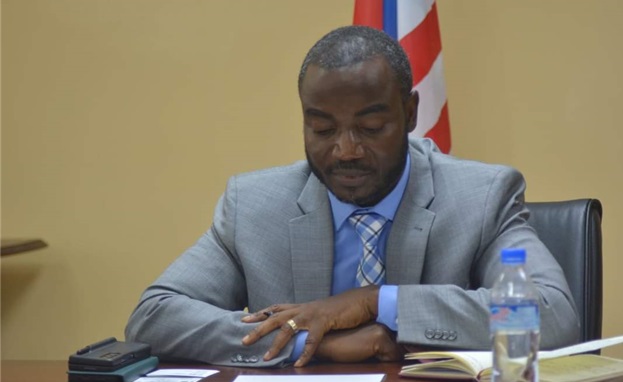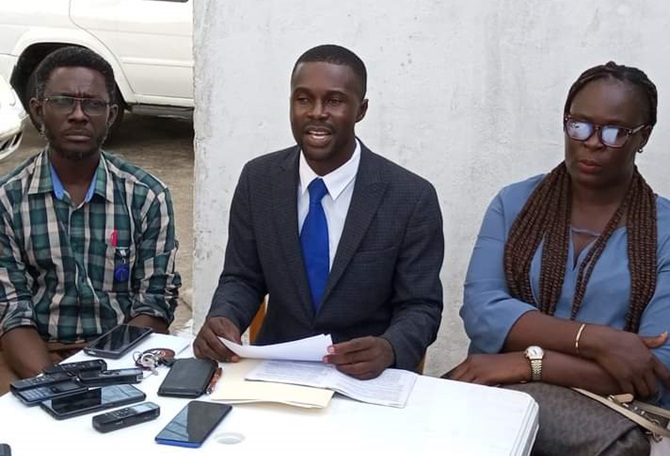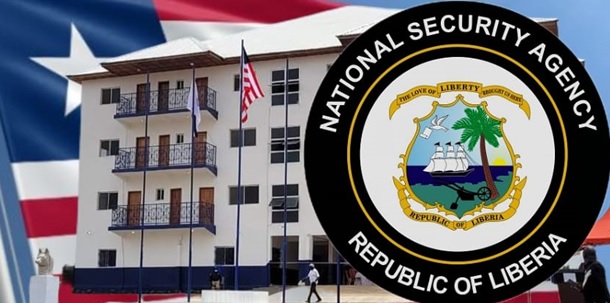MONROVIA – The Ministry of Finance and Development Planning, under the leadership of Minister Boima Kamara, has yet to publish the national budget for 2024. This delay raises questions about transparency within President Joseph Nyuma Boakai’s administration, which is facing criticism for failing to release the approved budget on time.
President Boakai signed the approved 2024 national budget on May 8, 2024, with an adjusted revenue envelope totaling $738,859,827, up from the initially proposed $692,408,827. This adjustment represents an increase of $46,451,000. Despite the budget being printed into handbill on May 16, 2024, it has not been made public, violating legal requirements for transparency.
Liberians are increasingly concerned about the delay, as it has been over 37 days since the budget was printed into handbill. The government’s failure to release the budget has sparked speculation about the reasons behind the $46.45 million increase and the intended allocation of these funds.
The lack of transparency contradicts the administration’s promises to remain open and accountable. According to Part 3, Section 19 of the Amended Public Financial Management Law of 2019, the approved budget must be made available to the public immediately after its publication into handbills. The administration’s failure to adhere to this law is seen as a gross violation of the public trust.
President Boakai, who has been in office for over 156 days, is under pressure to fulfill his commitment to transparency. The public can only access the Budget Framework Paper and the Draft National Budget for Fiscal Year 2024, leaving them without the details of the final approved budget. This situation echoes the criticisms faced by the previous Coalition for Democratic Change (CDC) administration for similar transparency issues.
This delay not only undermines public trust but also hinders effective public oversight of government spending. Without access to the approved budget, citizens and civil society organizations cannot hold the government accountable for its fiscal policies and expenditure. The absence of this critical document fuels suspicions and erodes confidence in the administration’s financial management.
Furthermore, the delay in publishing the budget could impact international perceptions of Liberia’s commitment to good governance. International donors and partners closely monitor fiscal transparency as a key indicator of governance standards. A failure to meet these standards could affect future aid and investment, crucial for Liberia’s development.
Opposition leaders and civil society groups are calling for immediate action. They argue that the administration’s inaction on this matter is a breach of the social contract and a disservice to the electorate who voted for transparency and accountability. Some have gone as far as to suggest that legal action may be necessary to compel the government to release the budget.
In response to the mounting pressure, the Ministry of Finance and Development Planning has remained largely silent. This silence has only added to the growing frustration and speculation among the public and various stakeholders. It is vital that the ministry addresses these concerns promptly to mitigate the damage to its credibility.
Ultimately, the Boakai administration must recognize that transparency is not just a campaign promise but a fundamental aspect of good governance. The timely publication of the national budget is a critical step in maintaining public trust and ensuring that government actions are subject to scrutiny. Immediate publication of the approved 2024 national budget will be a necessary step toward restoring confidence and demonstrating a genuine commitment to transparency.







